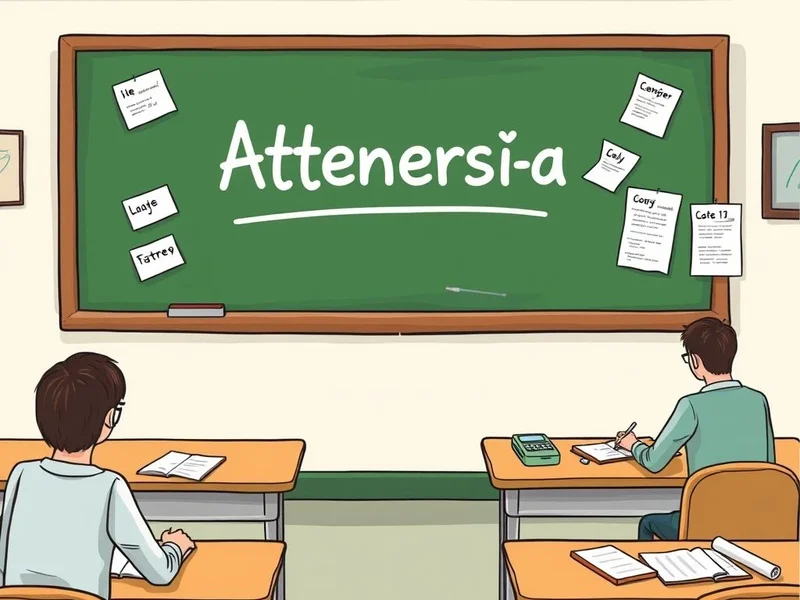How to Use "Attenersi a": Meaning and Practical Examples
"Attenersi a". Does this Italian expression seem complex to you? You're not alone! Many learners of Italian as a second language (Italian L2) find phrasal verbs a bit tricky. The meaning is often not literal, and the usage can be confusing. But don't worry! In this article, you will learn the precise meaning of "attenersi a", its grammatical structure, practical examples for using it in natural conversation, and how to avoid the most common mistakes. Get ready to communicate in Italian with more confidence!

Table of Contents
- What does "Attenersi a" mean?
- The Grammatical Structure: How Is It Used?
- Sentences and examples with "Attenersi a"
- Crucial Differences: Common Mistakes to Avoid
- Similar or related expressions
- Conclusion
More: Attaccarsi a Meaning and Examples for Natural Italian
What does "Attenersi a" mean?
- Literal Meaning: The verb "attenersi a" does not have a literal meaning of a direct physical action. It comes from "tenere" (to hold/keep), and refers to the figurative act of maintaining a position or behavior in close adherence to something.
- Example: Not directly applicable for a specific physical action of "attenersi a".
- Figurative Meaning: To strictly comply, conform, or follow faithfully rules, instructions, agreements, principles, or a pre-established plan. It implies discipline and consistency in following what has been decided or imposed.
- Example: "È fondamentale attenersi alle nuove direttive aziendali per evitare problemi."
More: Assuefarsi a Meaning, Usage and Examples in Italian
The Grammatical Structure: How Is It Used?
"Attenersi a" is a reflexive verb and always requires the preposition "a" followed by what one is conforming to. Its grammatical structure is clear and specific.
- Formula:
[Subject] + attenersi (conjugated) + a + [Rule/Instruction/Agreement/Principle/Plan]- Example: "Io mi attengo alle regole." / "Tu ti attieni al programma." / "Loro si attengono alle previsioni."
The verb "attenersi" is conjugated like a regular -ere verb, but in its reflexive form (mi attengo, ti attieni, si attiene, ci atteniamo, vi attenete, si attengono). The preposition "a" is indispensable and cannot be omitted, unlike other verbs that may use it or not depending on the context. What follows the preposition "a" is usually a noun or a nominal expression indicating what is being adhered to.
More: How to Use Assomigliare a Meaning Usage and Examples
Sentences and examples with "Attenersi a"
Here are some practical examples to understand how "attenersi a" is used in various everyday situations. These will help you incorporate "attenersi a" into your practical Italian vocabulary and communicate more naturally.
📍 Context: Work / Projects
Person A: "Dobbiamo attenerci al budget, senza spendere un euro in più per questo progetto."
Person B: "Certo, è fondamentale attenersi alle cifre stabilite per non sforare."
📍 Context: Instructions / Regulations
Person A: "Per superare l'esame, devi attenerti strettamente alle istruzioni del professore."
Person B: "Sì, non voglio sbagliare. Mi atterrò a ogni punto della guida."
📍 Context: Daily life / Travel
Person A: "Se andiamo in quel paese, dobbiamo attenersi alle loro usanze locali?"
Person B: "Assolutamente sì, è sempre meglio attenersi alle tradizioni e ai costumi del posto per rispetto."
📍 Context: Principles / Truth
Person A: "È importante attenersi sempre alla verità, anche quando è scomoda o difficile da affrontare."
Person B: "Sono d'accordo, l'onestà e la trasparenza sono valori fondamentali a cui attenersi."
Crucial Differences: Common Mistakes to Avoid
A common mistake for Italian learners is confusing "attenersi a" with the non-reflexive verb "attenere", or forgetting the preposition "a". Understanding the difference is crucial for using "attenersi a" correctly.
Attenersi a (Correct and meaningful) Vs. Attenere (Different meaning or incorrect use without "a")
Attenersi a: This is the phrasal verb meaning "to conform to", "to follow faithfully", "to strictly comply with". It is always reflexive (attenersi) and requires the prepositiona.- Correct Example: "Ti devi attenere alle regole della casa." (Means: you must follow the rules)
Attenere(non-reflexive): This verb exists, but has a completely different meaning. It means "to concern", "to pertain to", "to be the responsibility of". It is not reflexive and can be followed by "a" but with a different meaning.- Correct Example: "Questa questione attiene alla sua giurisdizione." (Means: it concerns his/her jurisdiction)
- Common Mistake: "Devo attenermi le regole." (Wrong. Missing the preposition "a". The correct form is "Devo attenermi alle regole.")
- Common Mistake: "Ho attenuto la decisione." (Wrong. Using "attenere" instead of "attenersi a". The correct form would be "Mi sono attenuto alla decisione.")
According to Treccani, the verb "attenersi" is defined as "to conform, to comply with something that has been established or set; to follow, to observe scrupulously". This reinforces the idea that the preposition "a" and the reflexive form are inherent to the meaning of compliance.
Similar or related expressions
To enrich your vocabulary, here are some expressions that have a similar or related meaning to "attenersi a", but with different nuances. Knowing these alternatives will help you express yourself with more variety.
| Similar Expression | Brief Meaning | Example |
|---|---|---|
| Seguire | To obey or proceed according to something. | "Bisogna seguire le istruzioni del manuale." |
| Rispettare | To obey a law or treat with respect. | "Devi rispettare il codice della strada." |
| Osservare | To maintain or comply with a rule. | "È importante osservare i tempi di consegna." |
| Conformarsi a | To act in accordance with, to adapt. | "Ci siamo conformati alla decisione del gruppo." |
Conclusion
In summary, "attenersi a" means to strictly follow rules, instructions, or agreements. Always remember that it is a reflexive verb and requires the preposition "a". Mastering this verb will help you express yourself more precisely and better understand natural speech in many practical situations.
Now it's your turn! Try writing a sentence in the comments using "attenersi a". What do you adhere to in your daily life? Share your example and put into practice what you've learned! Happy Italian learning!